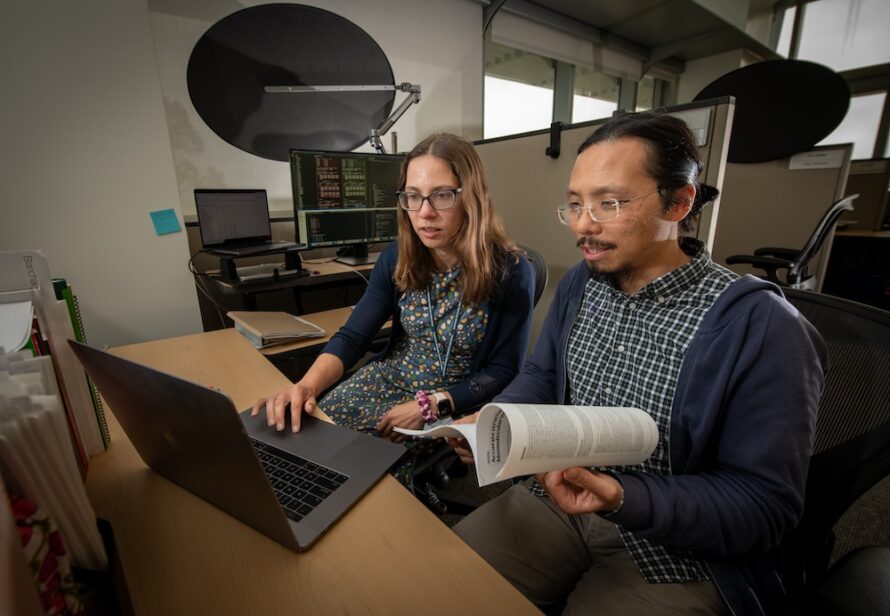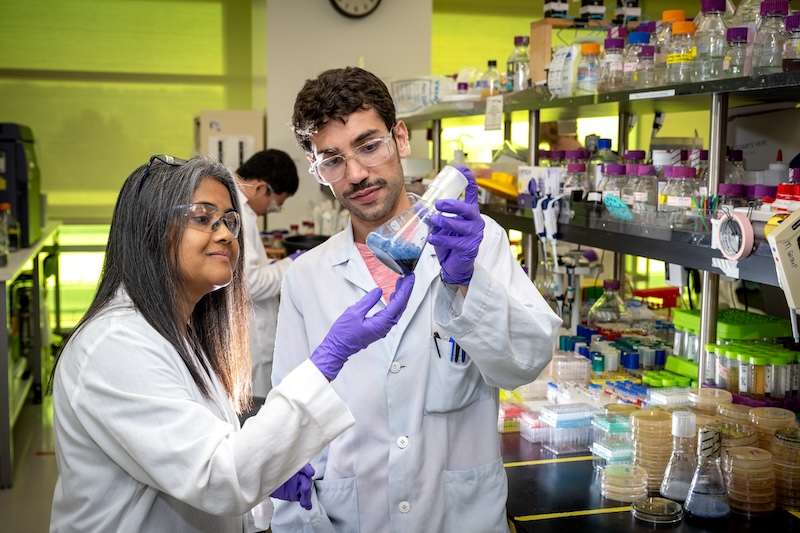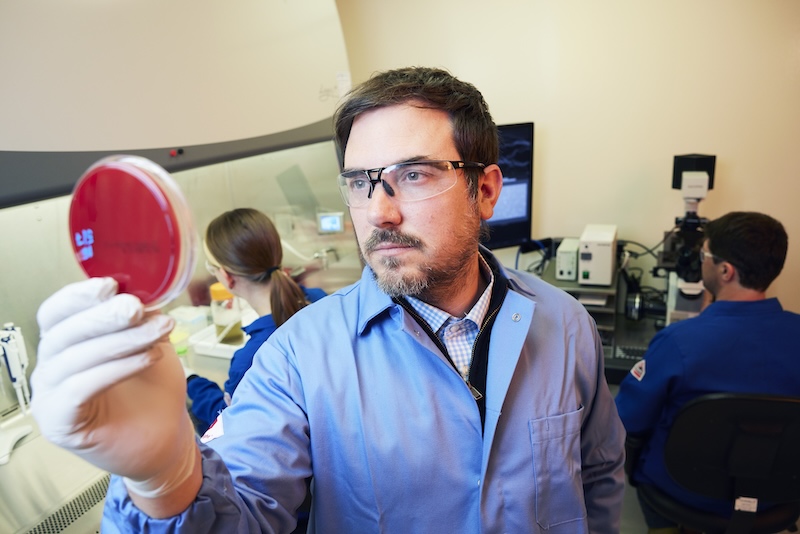
We use a multi-disciplinary, team approach to solve society’s biggest challenges with biological solutions. At the core of our work, we transform biological research to enable new discoveries in energy, environmental, and health research.
Our Plan
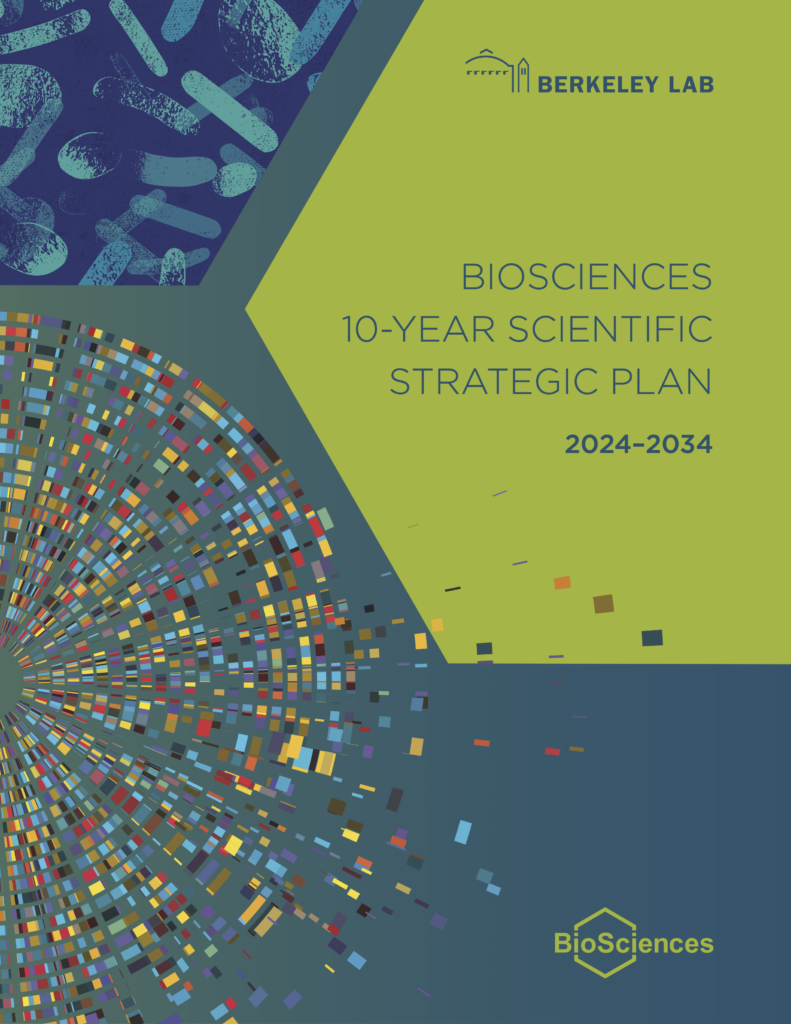
The Biosciences 10-year Strategic Plan (2024–2034) represents the research, technology, and organizational stewardship strategic framework of the Area. Through it, we aim to convey our enthusiasm for the future of our research to our stakeholders and the public. The plan was made through an inclusive process accessible to all of Biosciences’ nearly 1,000 staff.
Our researchers and engineers are working closely to solve technical problems and research questions in tandem. We develop the technologies that are the most vital to foster discovery, onsite. The research strategies on the matrix can be thought of as test beds for new technology development.


Our Progress
-
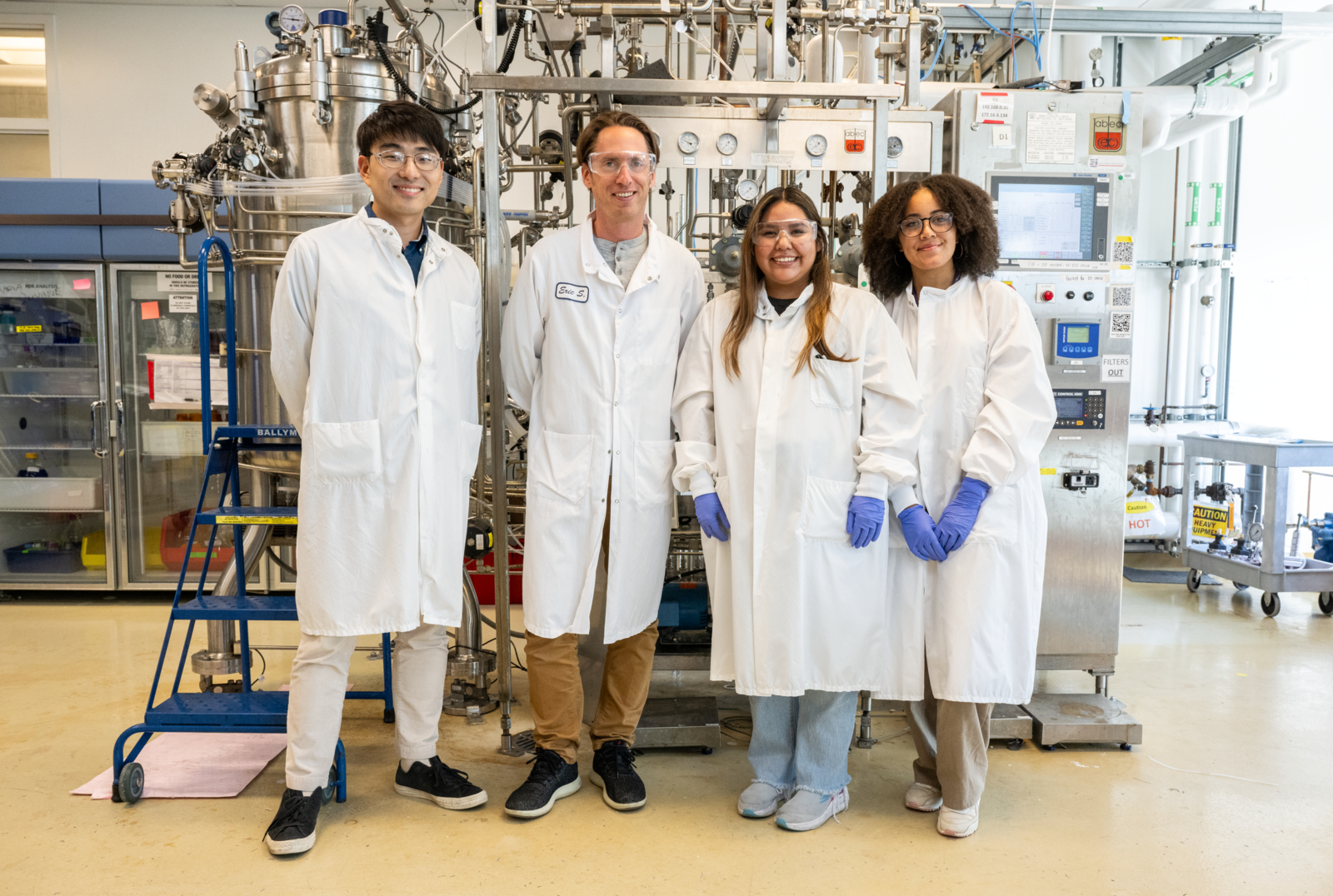
Nurturing STEM Opportunities for Native Americans
Read more: Nurturing STEM Opportunities for Native AmericansNationally, Native American enrollment in postsecondary programs is less than one percent, so Berkeley Lab launched an ambitious internship program to help boost representation by recruiting students from Arizona State University to work at the Lab. Environmental Genomics and Systems Biology (EGSB) Division Science Deputy Trent Northen helps lead the program. Meet this summer’s Biosciences…
-
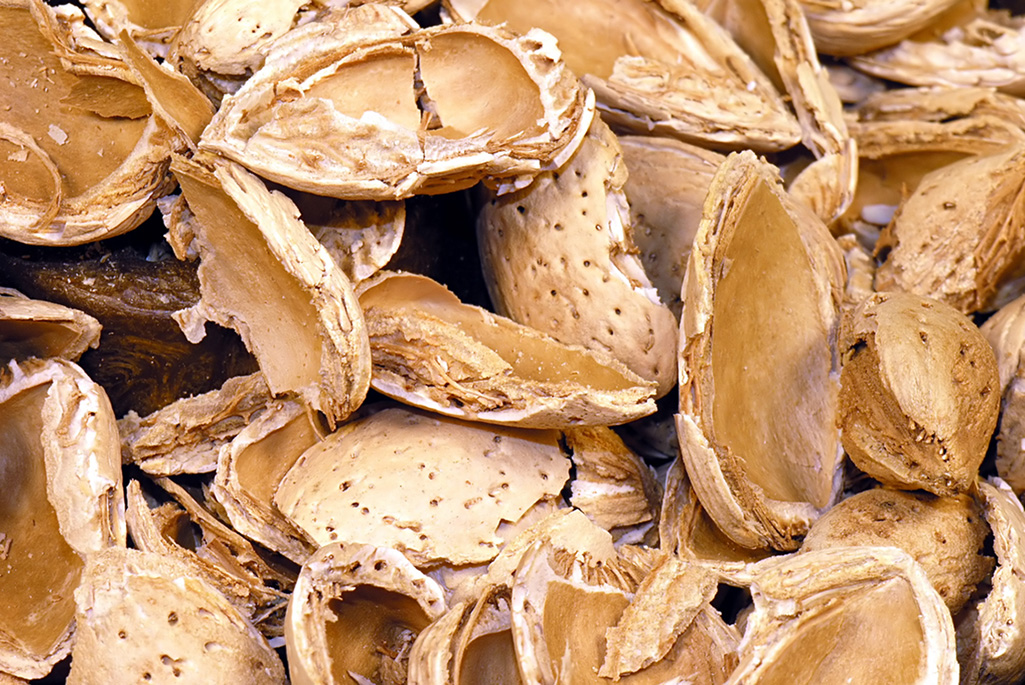
Turning Agricultural Trash to Treasure
Read more: Turning Agricultural Trash to TreasureNew funding will help Berkeley Lab and partners improve how the diverse agricultural waste in California’s Northern San Joaquin Valley can be used to make sustainable bioproducts and biofuels.
-

Researchers Gain Mechanistic Insight into a Viral-factory Protein
Read more: Researchers Gain Mechanistic Insight into a Viral-factory ProteinA team that included Banumathi Sankaran of the Molecular Biophysics and Integrated Bioimaging Division studied a protein called σNS, an important component of some viral factories. Understanding how this protein works will foster development of therapeutic strategies against viruses that use similar proteins to replicate.
-

Machine Learning Uncovers New Targets for Plant Engineering
Read more: Machine Learning Uncovers New Targets for Plant EngineeringMachine learning has a variety of applications in scientific research, from rapidly analyzing datasets to making predictions. At the Joint BioEnergy Institute (JBEI), researchers are using machine learning to find new proteins that play a role in plant gene expression — providing the scientific community with new avenues to explore in bioenergy crop engineering.
